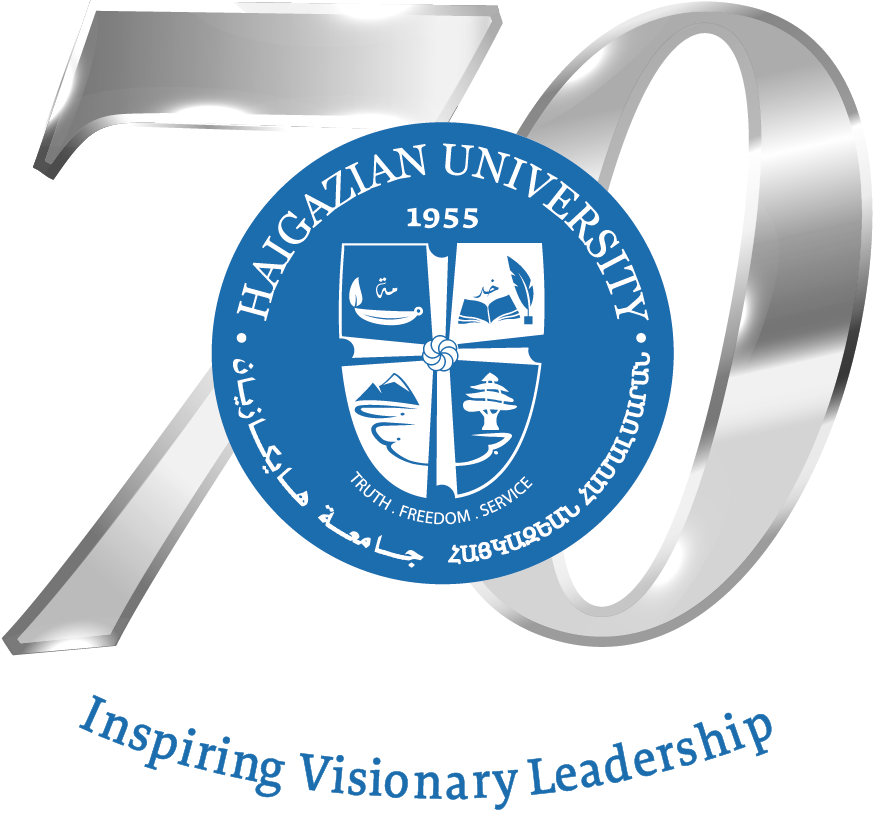Call for Papers
International conference on
Armenian transitions and sociopolitical transformations(1900—2020) – 2
The Khachatur Abovian Pedagogical University of Armenia and Haigazian University in Beirut are organizing a joint conference on “Armenian transitions and sociopolitical transformations between 1900 and 2020”. The conference will be held at Haigazian University, Beirut, on June 28-29, 2023.
This second conference, like the previous one, will examine the transitions and transformations that took place within the Armenian space during those 120 years in the following spheres:
- Iinstitutional- The church, national parties, philanthropic-educational-cultural and athletic organizations, Diaspora communities (գաղթօճախներ) and other national institutions.
- Cultural- Armenian Studies, the Armenian school, Armenian literature, language, theater, music, dance, architecture, monuments, newspapers, etc.
- Conceptual- Armenians, Armenianness, fatherland, Diaspora, identity, nation, patriotism, past legacy, the past, etc.
- Social- World perception, value system, family, the individual and the self, community, society, etc.
- Legal, state and state affairs– The Armenian Question, the Armenian Cause, the Armenian Genocide, citizenship, state, statehood, state institutions, etc.
The conference aims-
- To discern and examine phenomena that have led to diverse psychological, demographic, legal, behavioral, lifestyle, and communication transformations and the main trends that are becoming more obvious within the Armenian space in the course of the 21st
- To highlight and analyse the consequences and implications of these transformations.
- To examine how Armenians have faced these transformations.
- To speculate in which directions these transformations may develop.
- To debate how to cope with these transformations for the greater benefit of Armenian interests.
- To draw conclusions based on the deliberations.
The organizing committee expects panelists to discuss and present their topics in depth and extensively within the thirty minutes allocated to each.
Applicants are expected to submit the abstract of their topic by March 1, 2023 to either or both of the following addresses: stepanyankhachatur16@aspu.am ; adakessian@haigazian.edu.lb .
Applicants are required to provide, on a separate document (of some 250 words), their autobiography. Likewise applicants are requested to present an abstract (between 250 and 400 words) of their paper, which should be constructed based on the rationale of the aims of the conference mentioned above. Accepted papers will be announced on March 15, 2023.
Those whose papers are accepted are requested to submit to the organizing committee the draft of their paper by June 10, 2023. A compilation of the papers will be published in a separate book. Details concerning paper technicalities will be announced during the conference.
For further details and clarifications you may contact: stepanyankhachatur16@aspu.am or adakessian@haigazian.edu.lb , or call +37493733777 (Khachatur Stepanyan), or +9613712058 (Antranik Dakessian).
Organizing Committee











